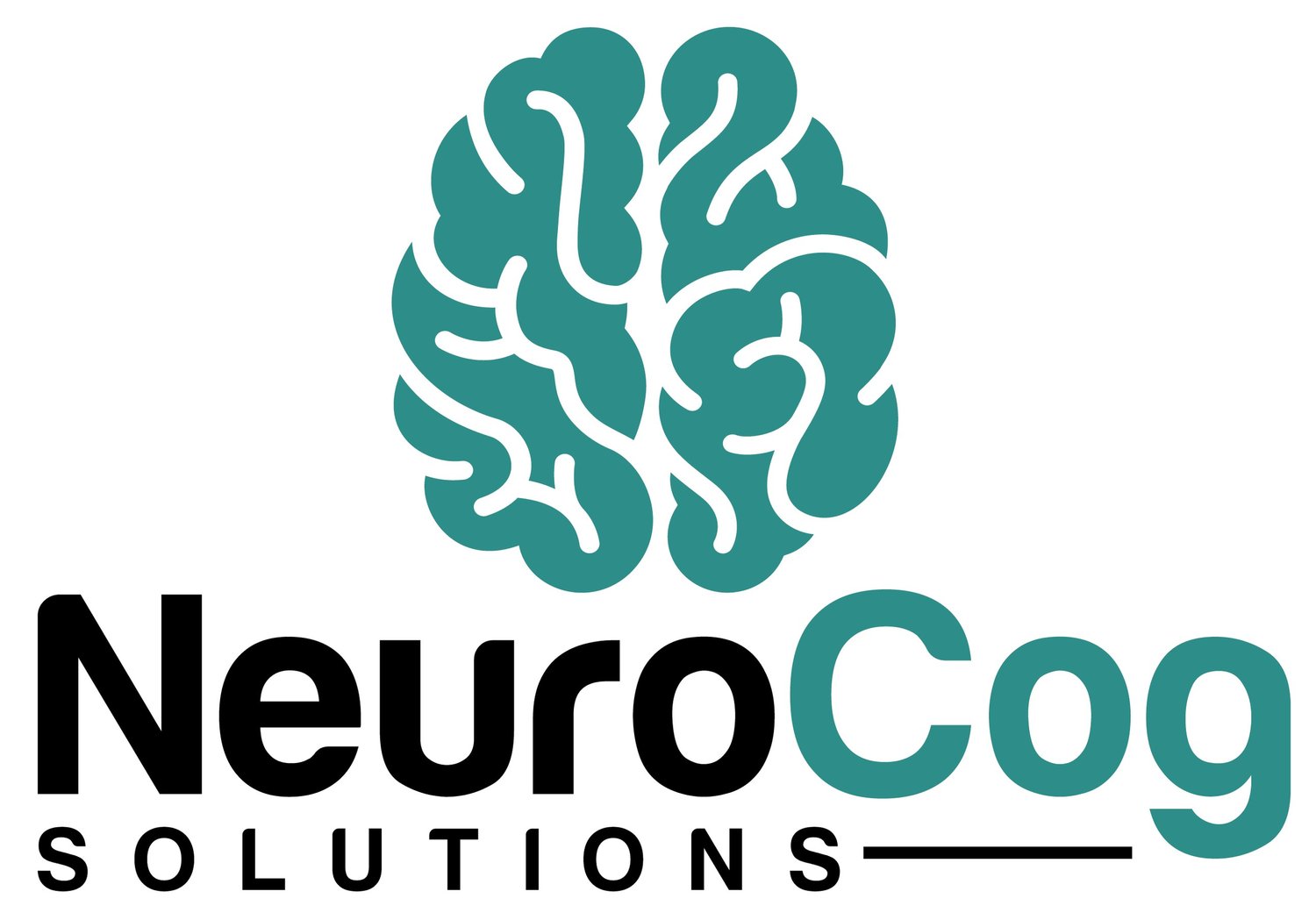Caregiving Support: Hiring a Home Health Aide
What Comes Next? Hiring a Home Health Aide
Home Health Aides
Hiring a home health aide (HHA) is a logical next step for many families. There are two ways to go about hiring a caregiver, with pros and cons to both. You can use an agency or you can hire an independent caregiver through word of mouth.
If you hire an aide through an agency, there is a safety net built in. The person has had a background check, and they have had a required level of training. If the person the agency sends is not a good fit, you can request someone else. If your aide calls out, the agency might be able to find a replacement. The HHA will also be bonded, so if something goes missing in the home, you have recourse to be reimbursed. The down side to all of these benefits, is that an agency aide can be costly, with a minimum number of hours required, usually 4 hours a day. HHAs also have limitations, they can NOT administer medication. (They might be permitted to open a pre-filled pill box and offer that day's medications to the individual.) This becomes an issue if the ill person is not able to self administer medications, or needs an unscheduled medication due to a sudden symptom. There are also other more skilled tasks that they will not be allowed to perform, such as wound care or providing nutrition through a feeding tube. In addition, their only job is to care for the impaired individual, they do not do housekeeping or assist any other person in the home.
If you hire a private individual through word of mouth, or a church organization, or cultural organization, you become the employer, and you determine what tasks will be done by the caregiver. You can negotiate with them if they will assist with house work, or cook meals, administer medications, etc. These caregivers may or may not have formal training, and there is no background check, and no recourse if an issue occurs. Likewise, they are usually more affordable than going through an agency. Always ask for references from other families that they have worked for.
Lastly, as your loved one’s needs increase, keep in mind that the most cost effective way to hire an aide is often to hire a live-in. It is very expensive, but your loved one will never be left alone. Hiring a live-in aide is generally comparable to the monthly cost of an Assisted Living Facility, but you get to remain in your home.
Regardless of whether you choose an agency or a private caregiver, if there is anything of value, monetary or sentimental, that you would be upset if it went missing, you need to take it out of the home. Do not hide jewelry in the sock drawer. Do not keep excess cash in the home. Store all important papers in a safe. People are people, some are loving and compassionate, some have ulterior motives, and some are desperate.
If you need support through this decision making process, licensed clinical social workers with care planning expertise can help guide you through the process. NeuroCog Solutions offers these care planning services which is often reimbursed by insurance.
